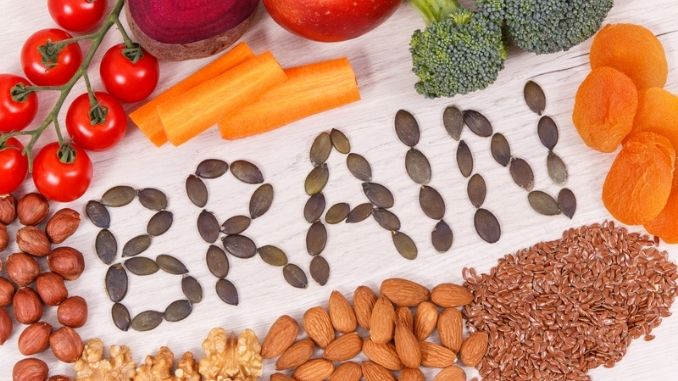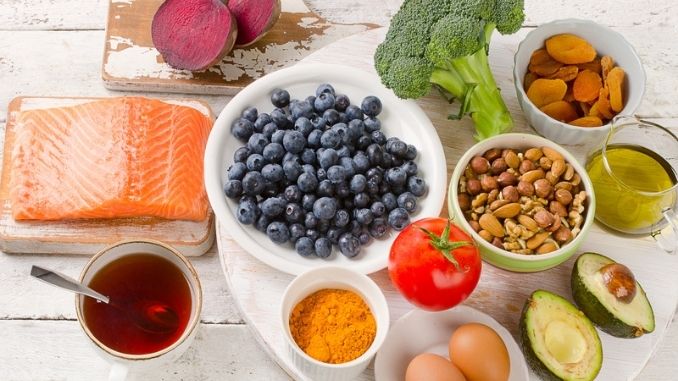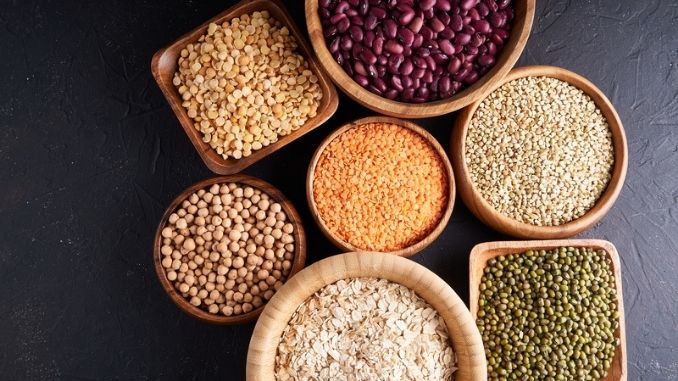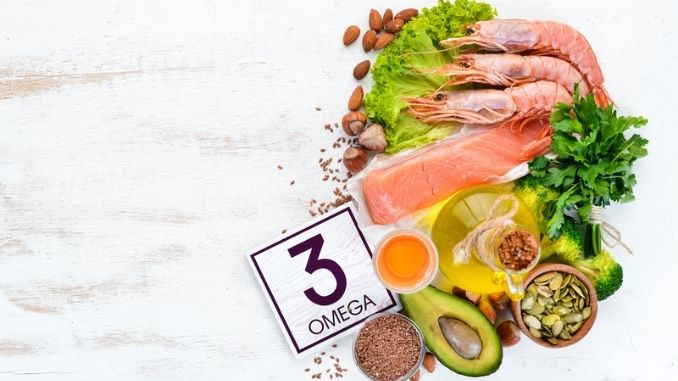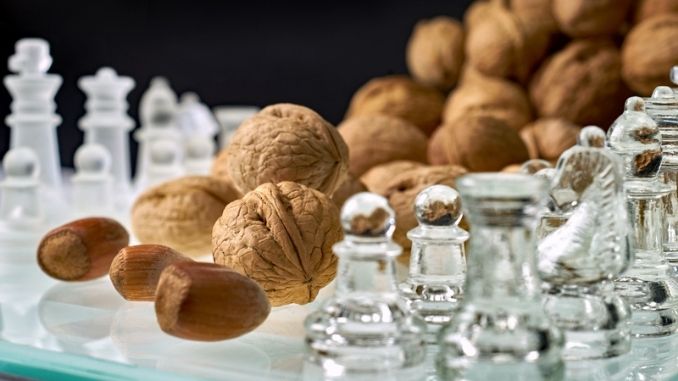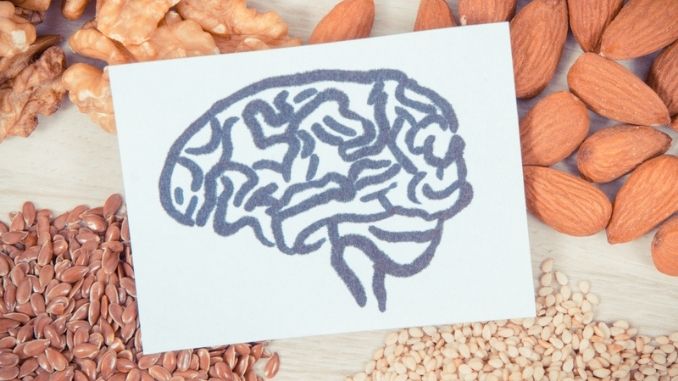Improving memory is not a one-time process. Rather, it is an ongoing journey that involves many factors. Nutrition and supplementation play a key role in supporting brain health and functioning.
Your brain is the most important organ in your body. It keeps your heart beating, your lungs breathing, and all your body systems functioning. That is why it’s critical to keep your brain functioning optimally. Surprisingly, brain health can be significantly affected by your diet. Some foods and supplements can help support brain function, while others can harm the brain, affecting your memory and increasing the risk of developing dementia and other degenerative conditions.
What are the best foods and supplements for improving memory?
There still is a lot to learn about what makes a brain-healthy diet. However, for now, the best bet for rich memories is forgoing unhealthy fats and remembering to diversify your plant portfolio. Research recommends following an eating plan that provides a healthier selection of dietary fats and a vast array of plant foods rich in phytonutrients.
Foods That Boost Memory
Diets rich in fruits, vegetables, whole grains and legumes, fish, healthier fats, nuts, and seeds have all been linked with boosting memory function. This includes:
Fruits
Berries are antioxidant powerhouses that can protect the brain from oxidative damage, preventing premature aging and memory-impairing dementia. Blueberries are a rich source of anthocyanin and other flavonoids that may improve brain function.
Grapes: Grapes are full of resveratrol, a memory-boosting compound. Concord grapes are rich in polyphenols, a brain-accessing antioxidant.
Watermelon: Watermelon has a high concentration of lycopene, another powerful antioxidant. It’s also a good source of pure water. This is relevant because even mild dehydration can reduce mental energy, impairing memory.
Avocado: Avocado is a fruit rich in monounsaturated fat, which improves memory function by helping improve blood cholesterol levels when consumed in moderation.
Vegetables
Beets are rich in nitrates, natural compounds that can dilate blood vessels to allow more oxygenated blood to reach the brain.
Dark, Leafy Greens: Dark, leafy greens such as spinach and kale, and broccoli are known for their disease-fighting antioxidants and have been shown to reduce age-related memory loss. Greens also are rich in folate, which can improve memory by decreasing inflammation and improving blood circulation to the brain.
Whole Grains and Legumes
Complex Carbohydrates: Cracked wheat, whole-grain couscous, chickpeas, and lentils are all complex carbohydrates. Since brain cells run on glucose derived from carbohydrates and don’t store excess amounts, they need a steady supply of glucose. Complex carbohydrates are preferred brain food, as they provide a slow, sustained supply of glucose. They take longer to metabolize and are high in folate, the memory-boosting B vitamin.
Seafood
Fatty Fish: Fatty fish such as salmon, trout, mackerel, herring, sardines, pilchards, and kippers are rich in heart-healthy omega-3 fatty acids. These have improved memory when eaten one to two times per week. Eating these in moderation is best, as fish consumption can increase your cholesterol levels.
Shellfish & Crustaceans: Shellfish and crustaceans such as oysters, mussels, clams, crayfish, shrimp, and lobster are good sources of vitamin B-12, a nutrient that prevents memory loss. These tend to be high in cholesterol, so moderation is essential.
Healthier Fats
Olive Oil: Olive oil provides monounsaturated fat, which can help reduce LDL cholesterol levels when used in place of saturated or trans-fat. Extra-virgin olive oil is the least processed oil and contains the highest levels of protective antioxidant compounds.
Nuts: Nuts like walnuts are a good source of omega-3 fatty acids. These help lower triglycerides, improve vascular health, moderate blood pressure, and decrease blood clotting.
Herbs or Seeds
Cocoa Seeds: Cocoa seeds are a rich source of flavonoid antioxidants, which are especially important in preventing damage from LDL cholesterol, protecting your arterial lining, and preventing blood clots. Cocoa also contains arginine, a compound that increases blood vessel dilation. A recent study conducted by researchers from Harvard Medical School found that seniors who drank two cups of cocoa daily for a month had improved blood flow to the brain and performed better on memory tests.
Rosemary: Rosemary has been shown to increase blood flow to the brain, improving concentration and memory.
Peppermint: This aroma has been found to enhance memory.
Sesame Seeds: These seeds are a rich source of the amino acid tyrosine, which produces dopamine, a neurotransmitter responsible for keeping the brain alert and memory sharp. Sesame seeds also are rich in zinc, magnesium, and vitamin B-6, other nutrients involved in memory function.
Saffron: Saffron has been shown in recent studies to affect individuals with mild to moderate Alzheimer’s disease positively. On average, those who took saffron capsules for 16 weeks presented significantly better cognitive function than patients on a placebo.
Memory-Boosting Supplements
Some vitamins and fatty acids are believed to help prevent or delay memory loss. While there is no substantial evidence to support these claims, ongoing clinical studies are focused on proving the impact of supplements on brain health and, more specifically, memory.
Vitamin B12: Vitamin B-12 helps maintain healthy nerves and red blood cells. A Vitamin B-12 deficiency, most common in older adults and vegetarians, can cause various symptoms, including memory loss. In these cases, Vitamin B-12 supplements can help improve memory.
Vitamin E: A 2014 study in the journal JAMA found that high amounts of Vitamin E can help people with mild to moderate Alzheimer’s disease.
DHA: A 2015 review found that taking supplements with docosahexaenoic acid (DHA) and eicosapentaenoic acid (EPA) significantly improved episodic memory outcomes in adults with memory concerns. DHA is one type of omega-3 fatty acid, and EPA is another. EPA and DHA are most concentrated in seafood like salmon and mackerel.
Supplements can fill in the nutritional gaps but check with your doctor before you go over the recommended daily intake.
Regardless of age, the best way to combat memory decline is to eat well and exercise your body and brain. You can improve your brain health by being more mindful of damaging foods and habits and making special efforts to add brain-healthy foods to your diet.
Learn the best ways to combat brain fog safely and naturally. Click here for more information.

